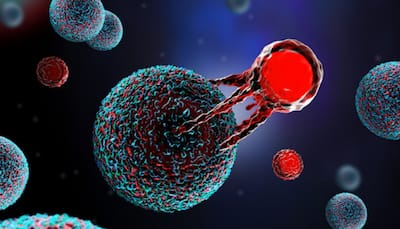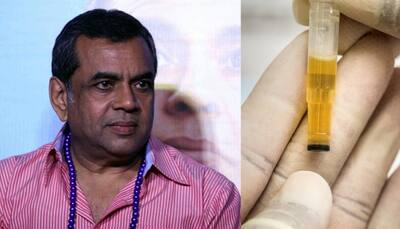New Delhi: A team of Brazilian researchers has developed an innovative CAR-T cell therapy that showed positive results in patients with a refractory type of lymphoma — cancer in lymph nodes, spleen, and bone marrow.
HSP-CAR30 is the first European CAR-T30 study to successfully complete its initial phase.
The results of the Phase I trial, published in the journal Blood, trial revealed that the new therapy which targets the CD30 protein has shown high efficacy in patients with refractory CD30+ lymphoma.
The therapy also promotes the expansion of memory T cells, leading to long-lasting responses and improved clinical outcomes in treated patients.
“The most remarkable aspect is the 100 per cent overall response rate, which is extremely rare in patients who have undergone multiple lines of treatment. Additionally, 50 per cent of patients achieved complete remission, meaning the disease was undetectable in imaging studies and clinical analyses,” said Dr. Javier Briones, Head of the Hematological Oncology at the Sant Pau Research Institute (IR Sant Pau).
About 60 per cent of patients who achieved a complete response remained in remission with no signs of relapse after a median follow-up of 34 months.
“This is crucial,” Briones said, “because it indicates that the persistence of CAR-T cells in the body has a real and lasting impact on the disease, which is precisely what we aim for with this type of therapy.”
While CAR-T cell therapies have emerged as a promising alternative for treating B-cell leukemias and lymphomas, their application to CD30+ lymphomas has been limited due to the lack of persistence of modified cells and the high relapse rate among patients.
The Phase I trial involved 10 patients with relapsed or refractory classical Hodgkin lymphoma or CD30+ T-cell lymphoma, yielding highly positive results.
No dose-limiting toxicities were detected.
One of the most significant findings of the study was the high in vivo persistence of CAR30+ cells, which remained detectable in 60 per cent of evaluable patients one year after infusion.
Stay informed on all the , real-time updates, and follow all the important headlines in and on Zee News.










